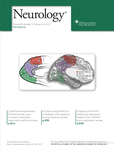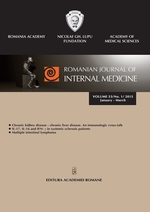 The notices keep coming for diabetes researcher Mario Saad.
The notices keep coming for diabetes researcher Mario Saad.
Diabetes has just retracted two more of his papers, both of which had been flagged by expressions of concern, citing problems with duplications. What’s more, the journal added another expression of concern to a 2009 paper on which Saad — based at the University of Campinas in São Paulo, Brazil — is listed as last author, again over concerns of duplication.
This isn’t Saad’s first run-in with the journal: In 2015, the researcher sued the publisher, the American Diabetes Association, after it issued expressions of concern for four of his papers. Later that year, a judge dismissed Saad’s defamation suit. The journal eventually retracted the papers.
The latest articles flagged by Diabetes appear to be part of an intricate publishing web, as the journal suggests all papers have used features of previous papers, and also include elements that have been republished by subsequent articles.
Here’s the first retraction notice, for “A Central Role for Neuronal AMP-Activated Protein Kinase (AMPK) and Mammalian Target of Rapamycin (mTOR) in High-Protein Diet–Induced Weight Loss:”
Continue reading Researcher sued to stop retractions; he just earned two more and is now up to 11


 A researcher in Switzerland has retracted her 2015 paper in the Journal of Cell Biology, saying the first author — her former postdoc — admitted to fabricating multiple aspects of the paper.
A researcher in Switzerland has retracted her 2015 paper in the Journal of Cell Biology, saying the first author — her former postdoc — admitted to fabricating multiple aspects of the paper.

 Neurology has partially retracted a 2016 paper, replacing a figure and removing the author who contributed it
Neurology has partially retracted a 2016 paper, replacing a figure and removing the author who contributed it 

 A researcher in Greece has issued extensive — what we sometimes call “
A researcher in Greece has issued extensive — what we sometimes call “ The notices keep coming for diabetes researcher
The notices keep coming for diabetes researcher